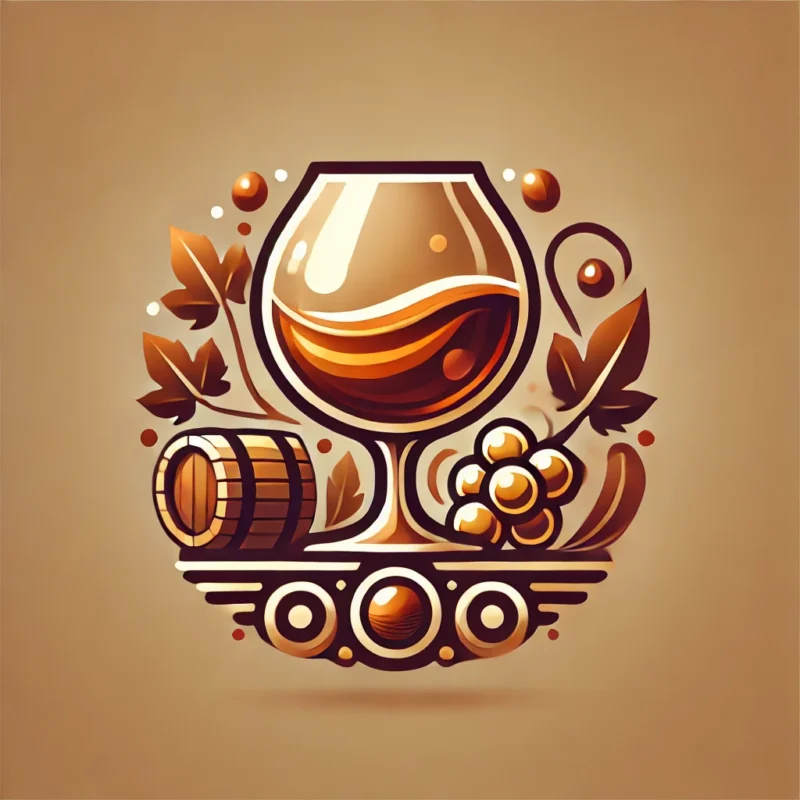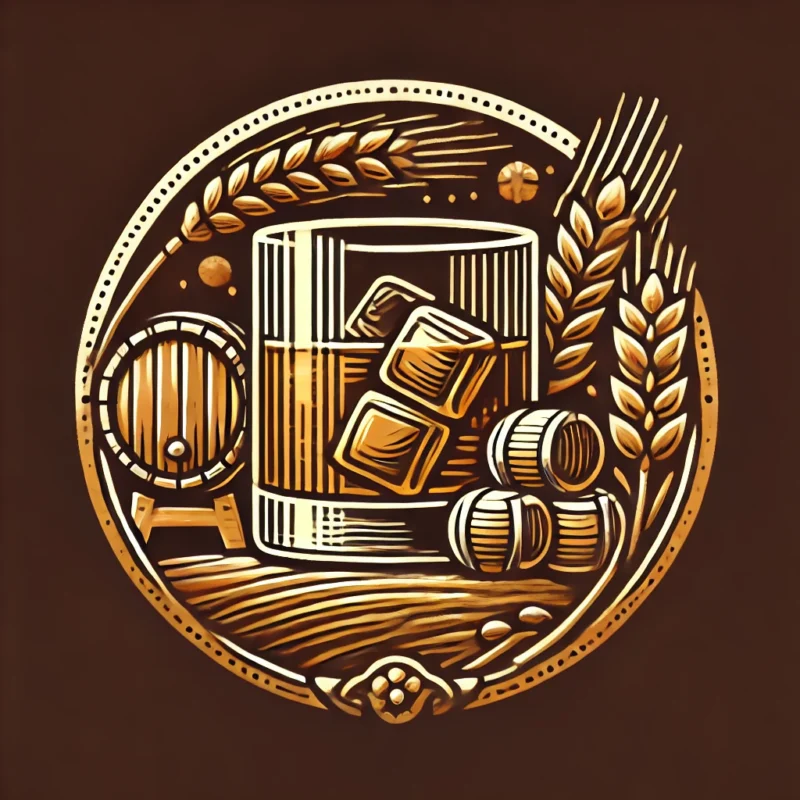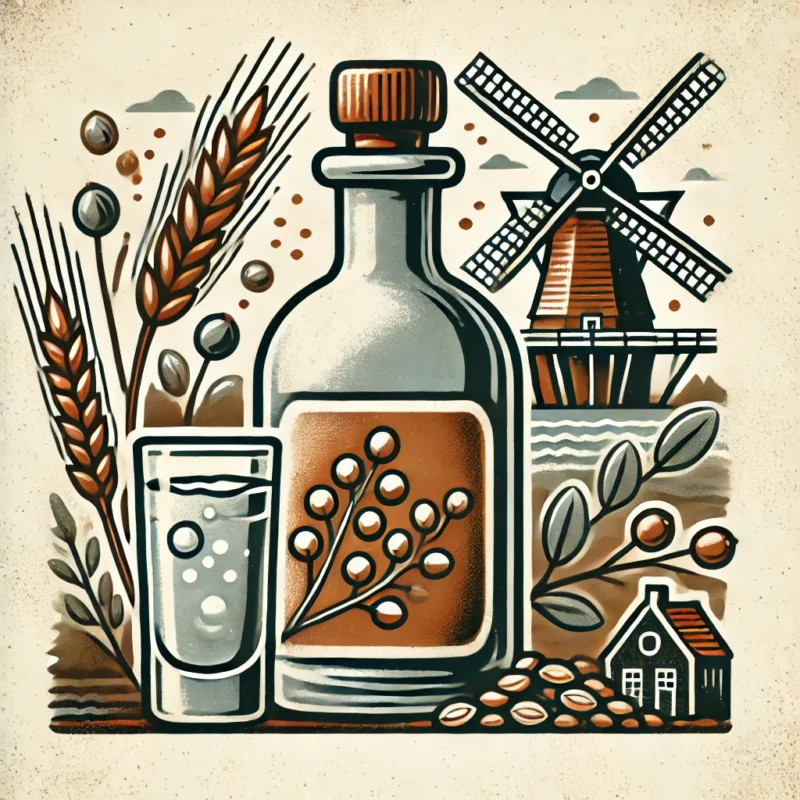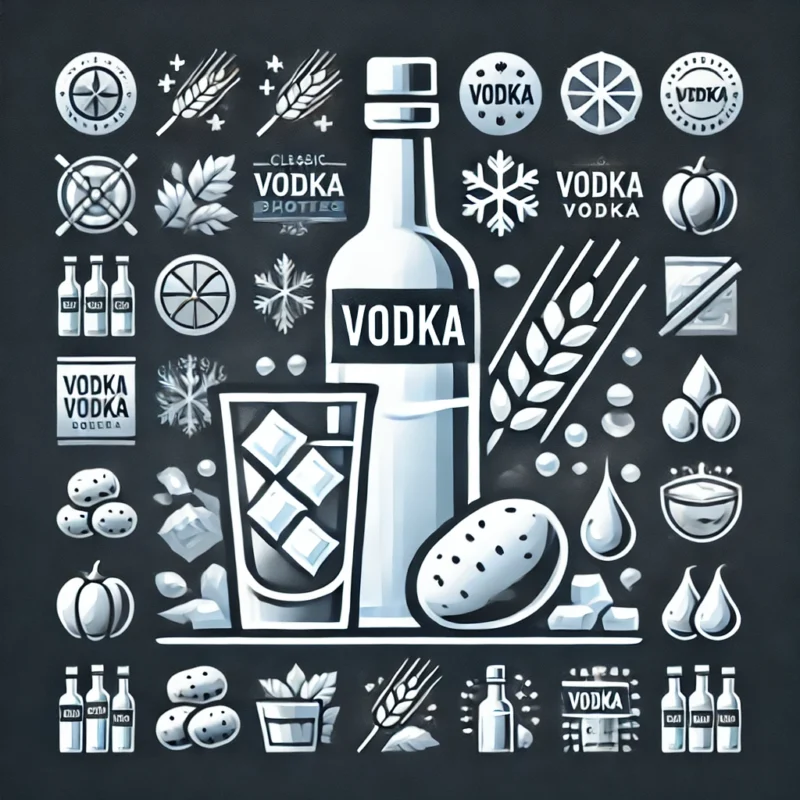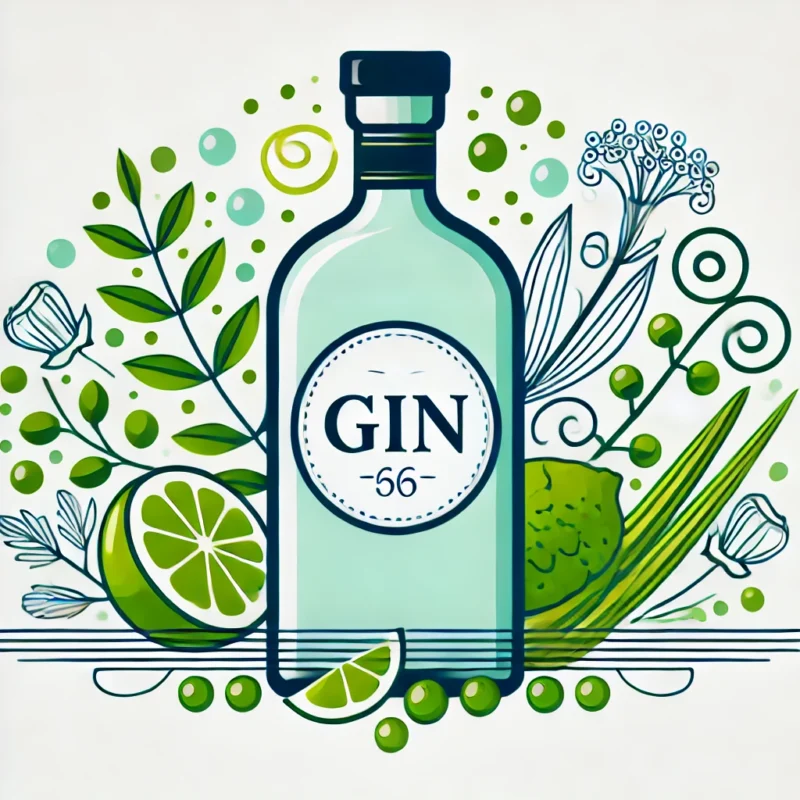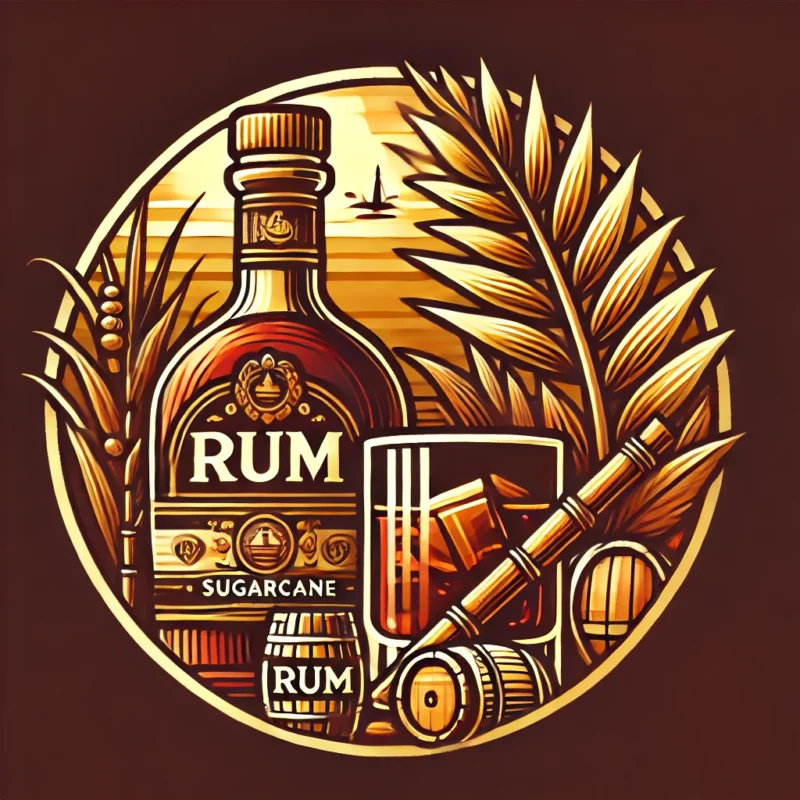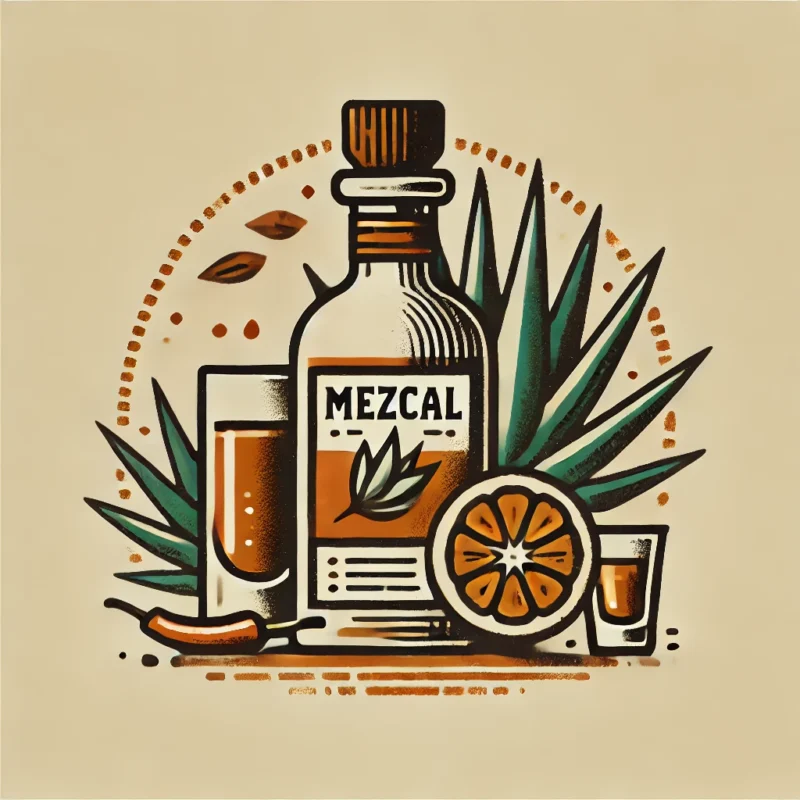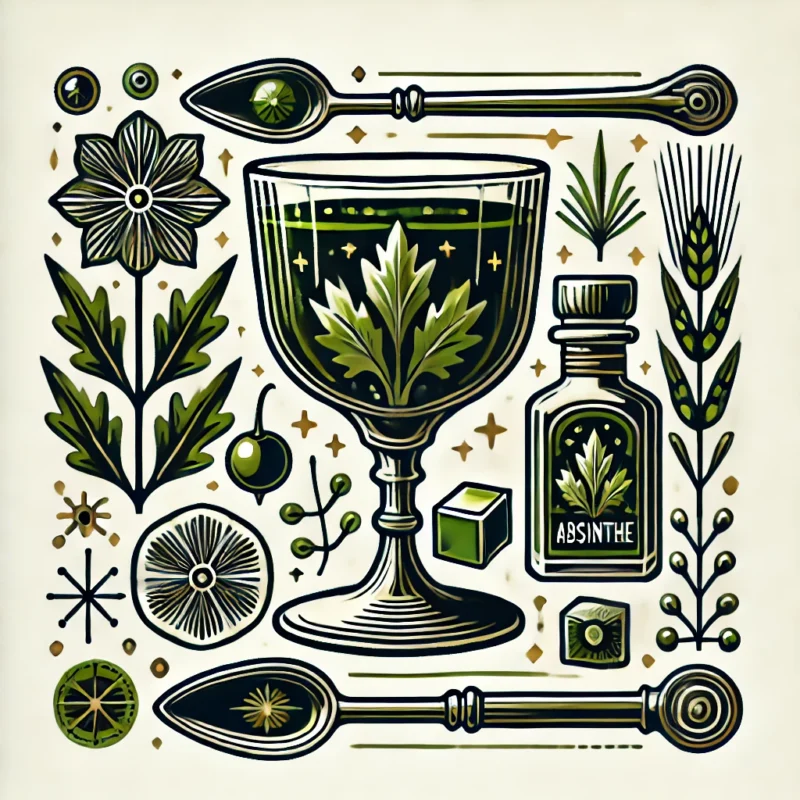Brandy
Around 1313, in France, the foundation of what would become the country’s renowned brandy industry began to take shape, particularly in the region of Armagnac. While distilled spirits were already known across Europe, their production techniques were still evolving. Initially, French distillation focused on medicinal purposes; alcohol was distilled as a base for herbal remedies by alchemists and apothecaries. In regions such as Gascony, where Armagnac lies, wine was abundant,...
Read More
Whiskey
The origins of whiskey date back to the 15th century, with evidence suggesting that early forms of the spirit emerged in Ireland and Scotland. The process was initially influenced by monks who, returning from travels to the Mediterranean, brought knowledge of distillation techniques used in perfume and medicine. This technique was adapted locally to distill barley and other grains, resulting in a spirit known as uisce beatha (Irish Gaelic) or...
Read More
Jenever
Jenever, often called the “grandfather of gin,” has a rich history that traces back to the early 1500s in the Low Countries, particularly in what is now Belgium and the Netherlands. It was initially distilled as a medicinal remedy by apothecaries who infused distilled grain alcohol with juniper berries, known for their purported healing properties. These early distillations were believed to aid digestion and treat various ailments. During the Eighty...
Read More
Vodka
The history of vodka, one of the world’s most iconic spirits, traces back to Eastern Europe, where Poland and Russia both lay claim to its origin. In Poland, vodka was initially produced as early as the 8th century, but it wasn’t until the 15th century that vodka as we know it began to gain traction. Kraków, then the capital of Poland, emerged as a significant center for vodka production. In...
Read More
Gin
With the arrival of William of Orange, later King William III, jenever, and locally produced gin, became a fashionable drink and not just a medicine. Gin drinking in England rose significantly after the government allowed unlicensed gin production, and at the same time imposed a heavy duty on all imported spirits such as French brandy. This created a larger market for poor-quality barley that was unfit for brewing beer, and...
Read More
Rum
The history of rum is closely tied to the Caribbean, where it originated in the 17th century. Rum’s beginnings can be traced to sugar plantations, as sugar cane—originally from Southeast Asia—thrived in the Caribbean’s tropical climate. During the production of sugar, molasses was left as a byproduct, and plantation workers discovered that this molasses could be fermented and distilled into a potent spirit: rum. The earliest recorded distillation of rum...
Read More
Mezcal
The history of mezcal, an ancient Mexican spirit, is rooted in the cultural practices of indigenous peoples who cultivated the agave plant long before European influence. The origins of mezcal can be traced back to pulque, a fermented beverage made from agave sap, which dates to at least 200 B.C., as evidenced by archaeological findings around the Teotihuacan and Oaxaca regions. Pulque, known as “octli” to the Aztecs, played an...
Read More
Absinthe
The first evidence of absinthe, in the sense of a distilled spirit containing green anise and fennel, dates to the 18th century. According to popular legend, it began as an all-purpose patent remedy created by Dr. Pierre Ordinaire, a French doctor living in Couvet, Switzerland, around 1792. Absinthe's popularity grew steadily through the 1840s, when it was given to French troops in Algeria as a malaria preventive, and the troops...
Read More




